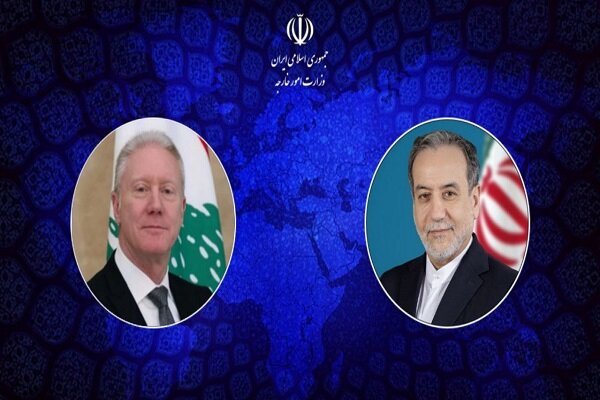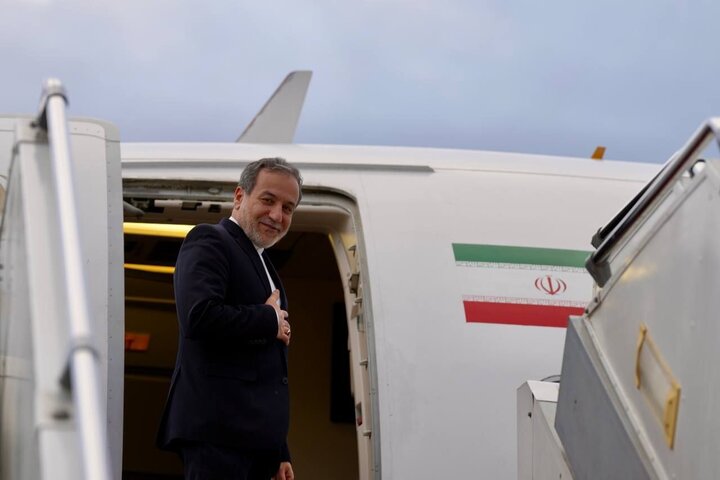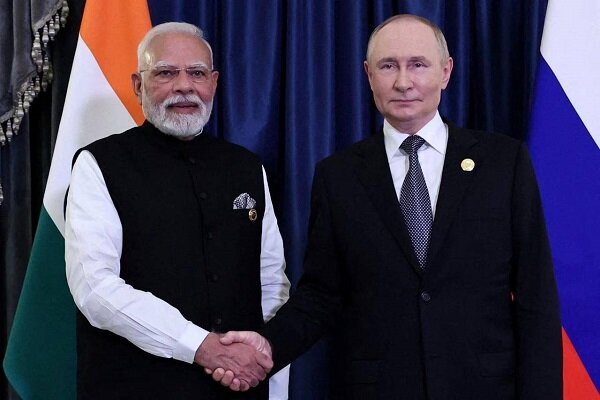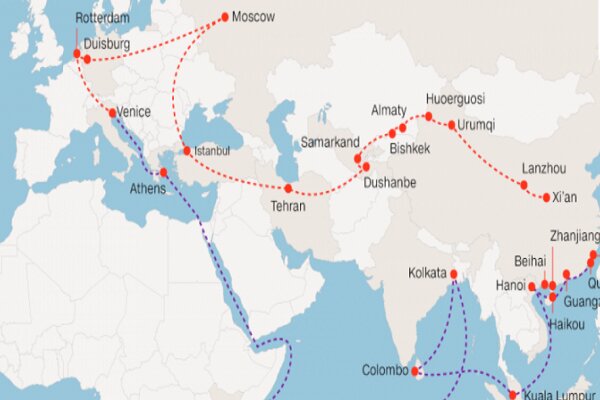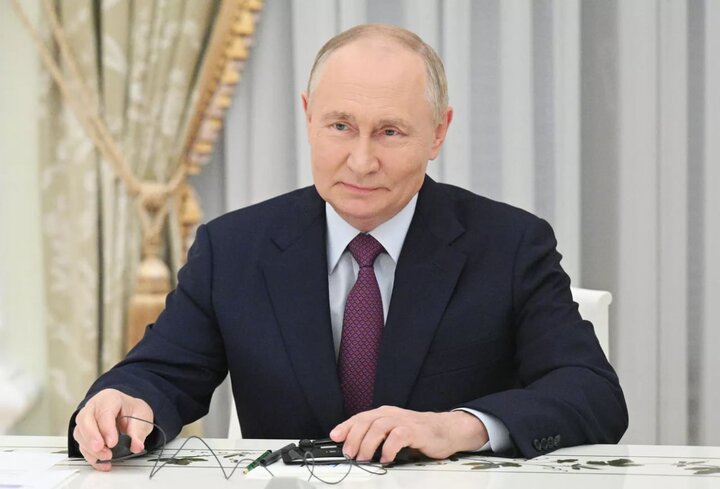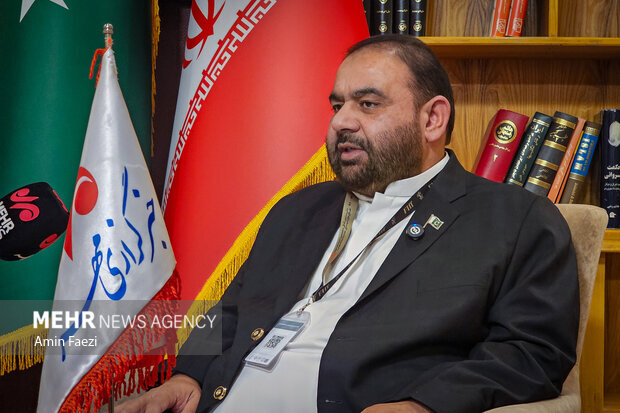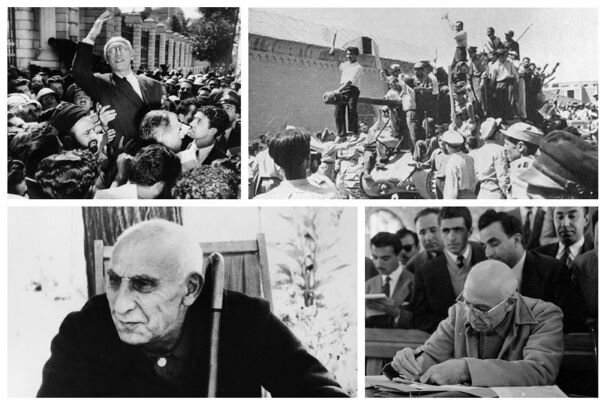
The decades-old hostilities between the Islamic Republic of Iran and the West can be traced in several conspiracies that all had in creating a constant distrust against colonial powers such as the United States and the United Kingdom.
68 years ago around this time, American and British intelligence services organized a coup in Iran that arguably changed the equations in West Asia (Middle East) forever.
The 1953 Iranian coup d’état, known in Iran as the 28 Mordad coup d’état, was the overthrow of the democratically elected Prime Minister Mohammad Mosaddegh in favor of strengthening the monarchical rule of the Shah, Mohammad Reza Pahlavi on 19 August 1953.
The United States overthrew the national government and imposed a dictatorship, allowing and enabling the dictator to torture and kill people. As a result, the Americans were able to make hundreds of billions of dollars and plunder Iran’s wealth.
The 1953 coup and overthrow of the Prime Minister Mosaddegh plotted by the British and US intelligence agencies, the overthrown of the US-backed monarchy of Pahlavi in 1979, the conquering of the US Embassy by Muslim Students of Imam Khomeini Line in 1979 alongside other US hostile plots are considered as the prominent incidents in the contemporary history of Iran.
Prime Minister Mohammad Mosaddegh
Some experts believe that the main reason behind the US-engineered coup d’état against the Iranian Prime Minister Mohammad Mosaddegh was the nationalization of Iran’s oil industry following a bill introduced to parliament by Mosaddegh in 1951.
Mohammad Mossadegh was a popular Iranian politician who served as the 35th Prime Minister of Iran, holding office from 1951 until 1953 when his government was overthrown in the 1953 Iranian coup d’état orchestrated by the US and the UK.
An author, administrator, lawyer, and parliamentarian, his administration introduced a range of social and political measures such as social security, land reforms, and higher taxes including the introduction of taxation of the rent on land.
His government’s most significant policy, however, was the nationalization of the Iranian oil industry, attacking British oil companies operating in Iran.
His actions brought him into conflict with the pro-Western elites of Iran and Iran’s dictator, Mohammed Reza Pahlevi.
Mossadegh Nationalization of Iran oil root cause of US-UK backed coup
Prime Minister Mohammad Mossadegh and Ayatollah Kashani were key figures in nationalizing the country’s oil industry. In late 1951, Iran’s Parliament in a near-unanimous vote approved the oil nationalization agreement.
The nationalization and Ayatollah Kashani’s support made Mosaddegh instantly popular among millions of Iranians, cementing him as a national hero, and placing him and Iran at the center of worldwide attention.
Many Iranians felt that for the first time in centuries, they were taking control of the affairs of their own country. Many also expected that nationalization would result in a massive increase in wealth for Iranians.
Britain now faced the newly elected government in Iran where Mosaddegh, with the strong backing of the Iranian parliament and people, demanded more favorable concessionary arrangements, which Britain vigorously opposed.
US, UK behind mischievous scenario of 1953 coup
History shows that Colonial powers have always tried to control other countries’ resources and the United and the United Kingdom are no exceptions.
London could not tolerate Mossadegh’s Nationalization of Iran’s oil for many reasons and set the stage for a coup against the democratically elected government of Prime Minister Mossadegh two years later in 1953 with the cooperation of Americans.
Working with the dictator of Iran, the CIA and British intelligence service began to engineer a plot against Mossadegh. These intelligence services devised deadly plots in the form of riots in Tehran that eventually led to Mosaddegh’s arrest.
In August 2013 the US government formally acknowledged the US role in the coup by releasing a bulk of previously classified government documents that show it was in charge of both the planning and the execution of the coup, including the bribing of Iranian politicians, security, and army high-ranking officials, as well as pro-coup propaganda.
The CIA is quoted acknowledging the coup was carried out “under CIA direction” and “as an act of US foreign policy, conceived and approved at the highest levels of government”.
According to the CIA’s declassified documents and records, some of the most feared mobsters in Tehran were hired by the CIA to stage riots on 19 August. Other men paid by the CIA were brought into Tehran in buses and trucks and took over the streets of the city.
US, UK appoint their own puppet to control oil-rich Iran
On August 19, 1953, the military, backed by street protests organized and financed by the CIA and British intelligence, overthrew Mossadeq so as to appoint their own puppet to control the oil-rich country of Iran.
Working with pro-Shah forces and, most importantly, the Iranian military, the CIA cajoled, threatened, and bribed its way into influence and helped to organize a coup attempt against Mossadegh.
Hundreds of Iranian people were killed because of the US-UK-backed military coup. Mosaddegh was arrested, tried, and convicted of treason by the Shah’s military court. On 21 December 1953, he was sentenced to three years in jail and then placed under house arrest for the rest of his life.
As a thank to the American help, Mohammad Reza Shah signed over 40 percent of Iran’s oil fields to US companies. After the coup, the Shah continued his rule as monarch for the next 26 years until he was overthrown by Islamic Revolution.
Aftermath of the 1953 Coup d’état
Following the coup in 1953, a government under General Fazlollah Zahedi was formed which allowed Mohammad Reza Pahlavi, the last Shah of Iran), to rule more firmly as monarch. He relied heavily on United States support to hold on to power.
The Shah became one of America’s most trusted Cold War allies, and US economic and military aid poured into Iran during the 1950s, 1960s, and 1970s.
Between January 1978 and 11 February 1979, the Muslim revolutionary people of Iran, under the wise leadership of Ayatollah Khomeini, the Founder of the Islamic Revolution, voiced their opposition against the secular and US-backed rule of the Shah who committed many crimes and brought much suffering to the Iranian nation.
In early 1979, when huge street demonstrations and Iranian public dissatisfaction all over the country intensified, the dictator of Iran and his family fled Iran on January 16 forever.
Compiled by Marzieh Rahmani
